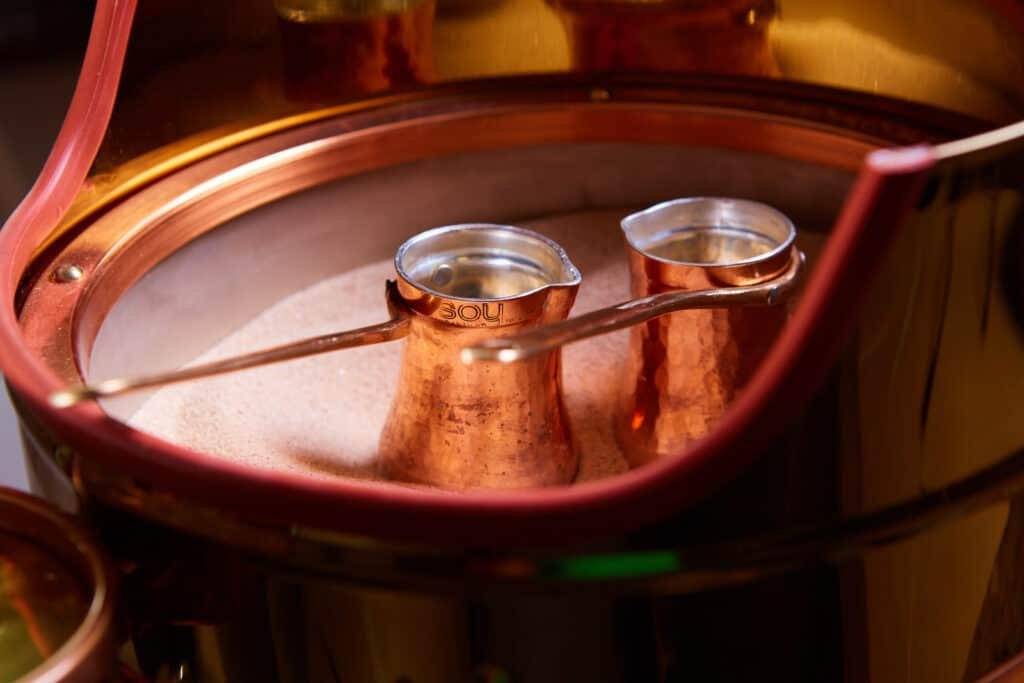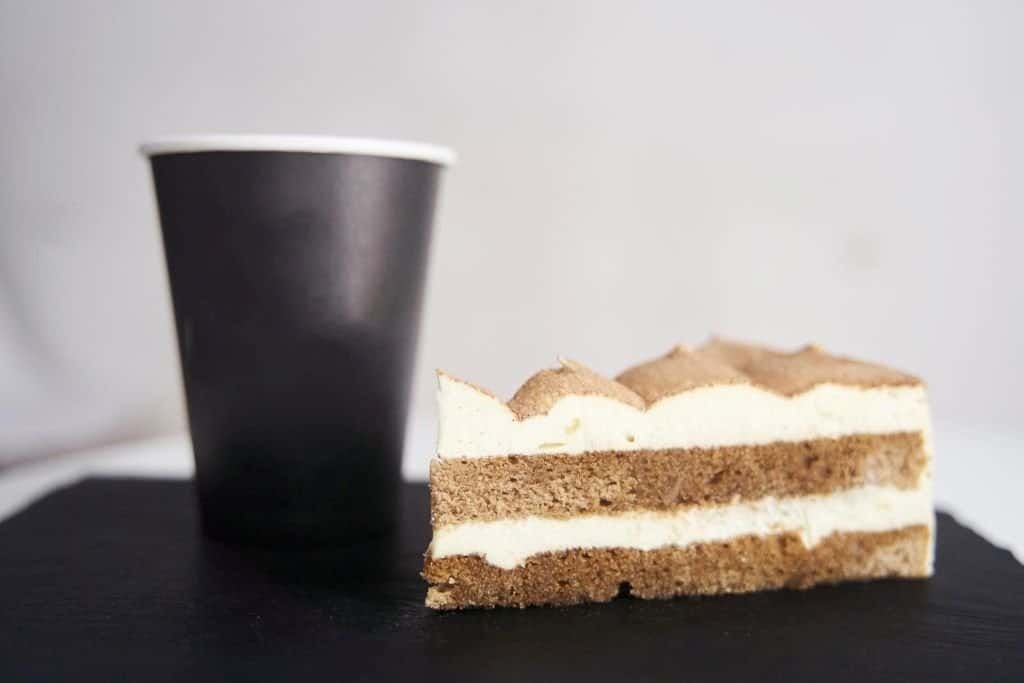If you’re a coffee lover, you may have heard of Turkish coffee. This traditional brewing technique has been around for centuries and is still popular in many parts of the world today. One of the most unique aspects of Turkish coffee is that it is not filtered, meaning that the grounds are left in the cup when it is served.
So, is Turkish coffee filtered? The answer is no. Unlike other types of coffee that are brewed with a filter, Turkish coffee is made by boiling finely ground coffee beans with water and sugar. The result is a rich, flavorful brew that is served with the grounds still in the cup. While this may seem unusual to those who are used to filtered coffee, Turkish coffee has a unique taste and texture that many people enjoy.
What is Turkish Coffee?
If you’re a coffee lover, you might have heard of Turkish coffee. It is a traditional coffee preparation method that originated in the Middle East and Europe, including Turkey, Iran, and Greece. Turkish coffee is brewed by combining finely ground coffee beans, water, and sugar (optional) in a small pot called an Ibrik, which is heated over a low flame. The coffee is then served in small cups, often accompanied by a glass of water.
One of the unique features of Turkish coffee is that it is not filtered after brewing. This means that the coffee grounds remain in the cup, giving the coffee a rich, full-bodied flavor. The grounds are so finely ground that they will not unintentionally be consumed when taking sips. Instead, they settle at the bottom of the cup, forming a thick layer of sediment called “telve” in Turkish.
Another important aspect of Turkish coffee is the foam that forms on top of the coffee. This foam, called “kaimak” in Turkish, is created by coffee oils and is a sign of a well-brewed cup of Turkish coffee. The foam is an essential part of the coffee-drinking experience and is often considered a delicacy.
Finally, Turkish coffee is typically served with a small sweet treat, such as Turkish delight or a piece of baklava. This is meant to balance the bitterness of the coffee and enhance the overall flavor experience.
How is Turkish Coffee Made?

The Brewing Process
To make Turkish coffee, you will need a cezve, a small, long-handled pot made of brass or copper. The coffee is brewed by combining finely ground coffee, cold water, and sugar (if desired) in the cezve. The mixture is then stirred vigorously to combine all the ingredients.
The Importance of Grinding
The key to making Turkish coffee is the fineness of the grind. The coffee beans are ground into a fine powder, much finer than espresso. This is important because the finer the grind, the more surface area of coffee is exposed to the water, resulting in a stronger and more flavorful cup of coffee.
The Boiling Method
Once the ingredients are combined, the mixture is heated over low heat until it comes to a boil. The boiling process is crucial to the final product, as it creates a foam on top of the coffee known as kaimaki. This foam is an essential part of Turkish coffee, and the quality of the foam is often used to judge the quality of the coffee. After the coffee comes to a boil, it is removed from the heat and allowed to cool for a few seconds before being returned to the heat. This process is repeated two or three times, allowing the coffee to brew slowly and ensuring that the flavors are fully extracted from the beans. Overall, making Turkish coffee is a delicate process that requires attention to detail and patience. However, the result is a rich, flavorful cup of coffee that is enjoyed by coffee lovers around the world.
Is Turkish Coffee Filtered?
If you are a coffee lover, you may have heard of Turkish coffee. This traditional beverage has a unique preparation method that sets it apart from other types of coffee. One of the most distinctive features of Turkish coffee is that it is not filtered. In this section, we will explore the reasons behind this and discuss the traditional and modern methods of brewing Turkish coffee.
The Traditional Method
The traditional method of brewing Turkish coffee involves boiling finely ground coffee beans with water in a special pot called an Ibrik. The mixture is heated until it foams, and then it is removed from the heat. This process is repeated several times to create a thick, flavorful brew. Once the coffee is ready, it is poured directly into small cups, including the foam and the grounds. The grounds settle at the bottom of the cup, creating a layer of sediment.
Modern Techniques
While the traditional method of brewing Turkish coffee remains popular, there are also modern techniques that have been developed. One such technique involves using a French press to brew the coffee. This method involves adding the coffee grounds and water to the press and allowing it to steep for several minutes. Once the coffee is ready, it can be poured into cups, leaving the sediment behind in the press.
Another modern technique involves using a paper filter. This method involves placing the coffee grounds in a filter and adding hot water. The coffee is then allowed to steep for several minutes before being poured into cups. This method results in a cleaner cup of coffee, without the sediment that is characteristic of traditional Turkish coffee.

Conclusion
Now that you know more about Turkish coffee, you can decide whether or not it’s the right choice for you. Turkish coffee is a unique and traditional way to enjoy coffee, but it is not filtered like other types of coffee. This means that the sediment in Turkish coffee can contain higher levels of caffeine and other compounds that may affect your health.
If you are looking for a healthier option, filtered coffee may be a better choice for you. Filtered coffee removes some of the compounds found in unfiltered coffee, such as diterpenes. These compounds can raise your cholesterol levels and potentially lead to health issues.
However, if you are a fan of Turkish coffee and enjoy its unique taste and preparation, you can still enjoy it in moderation. Just be aware of its potential health effects and make sure to balance it with other healthy choices in your diet.




